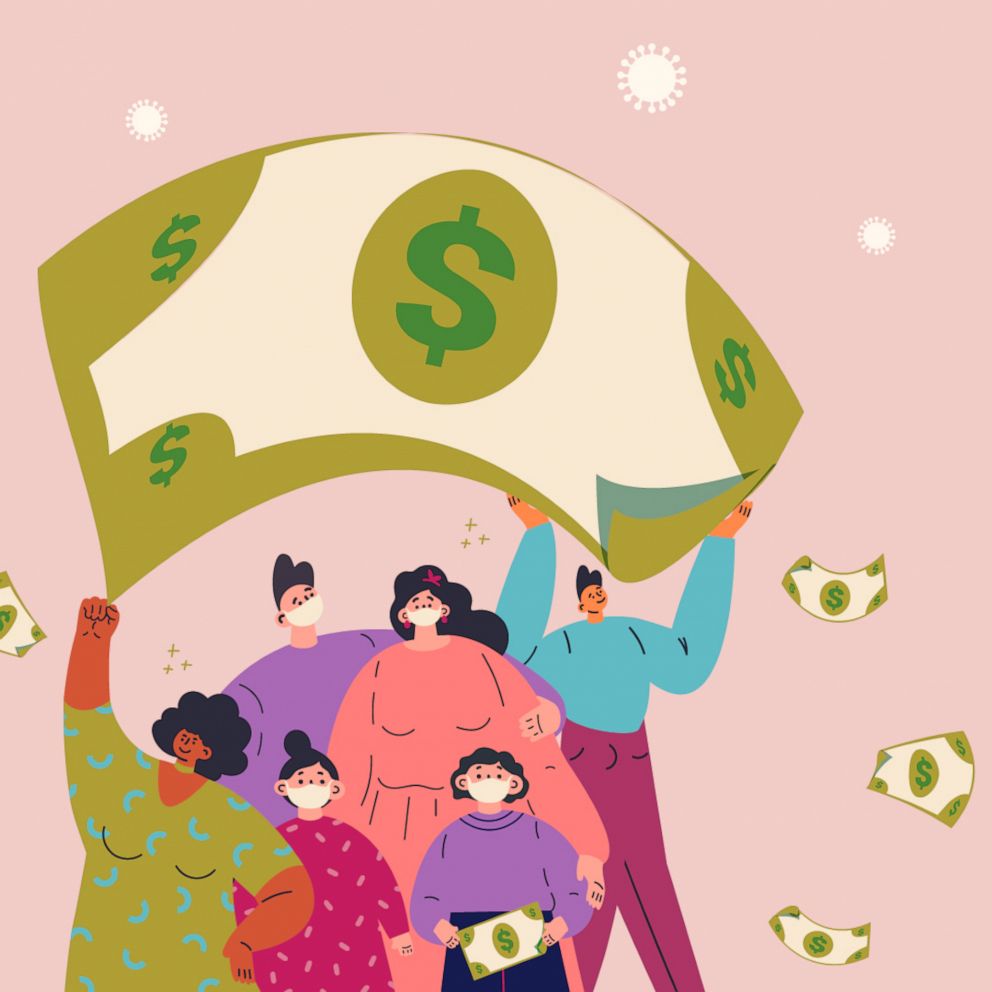Did you save money during the pandemic? Here is how to keep it that way
Expert shares her tips on good money saving habits.
While the coronavirus pandemic has been financially devastating for the almost 45 million unemployed Americans across the country, there's been a silver lining for others. With the world on lockdown, some say they have actually been able to cut back on expenses and save money. Take students and young professionals who have found themselves moving back in with parents, cutting expensive costs like rent.
“There’s been this forced lifestyle change that has made them not spend the way they used to,” said financial coach Lacey Langford, who dubbed herself "The Military Money Expert" for getting finances into shape. “A lot of people are actually saving money during all this because they are not going out as much. They’re not using a gym membership or they’ve cancelled it.”
Langford is a certified financial coach and veteran who helps clients, especially military families, get their finances in order and develop control and confidence when it comes to money. She said this is a crucial moment to take charge of your finances.
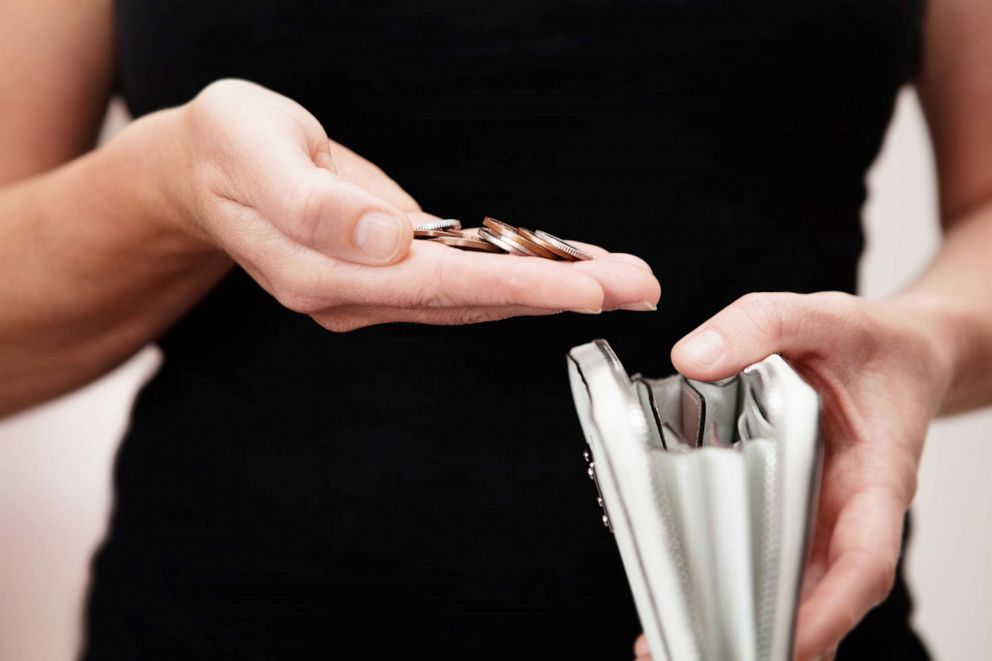
“There is a group, a large portion of people, that have really built up their savings and can really change their life moving forward,” she said.
Langford shared her tips on how to make money-saving habits forced under the pandemic stick long term.
1. Consider it a permanent lifestyle change
If you're someone who saw your weekly and monthly expenses shrink during lockdown, without dinners out at restaurants, shopping and traveling, don't look at it as a temporary situation, Langford said. Consider it a permanent lifestyle change.
“This could just be who you are now and how you walk through life with money," she said. “If you have adjusted your life in a way that saves you money and you're happy with the way things are going, consider it a lifestyle change.”

Analyze your spending habits under quarantine and determine which expenses are most important to you and which you can live without.
An example is reevaluating the need for a gym membership again after months of working out at home or outdoors. You may find that you don’t value it the same way that you did before and that is not how you want to spend your money.
“Assess what you have saved money on by not doing and decide if you want to kick up that expense again and make that conscious decision,” said Langford.
Langford recommends printing out your bank statements before the pandemic. Highlight in different colors your important expenses like mortgage, gas and rent. More importantly, highlight how much you have spent on going out or things you want. Take a look and compare the costs and see what stands out to you. By looking at how much you saved, you can try to reevaluate whether this expense is something you want to move forward with or not.
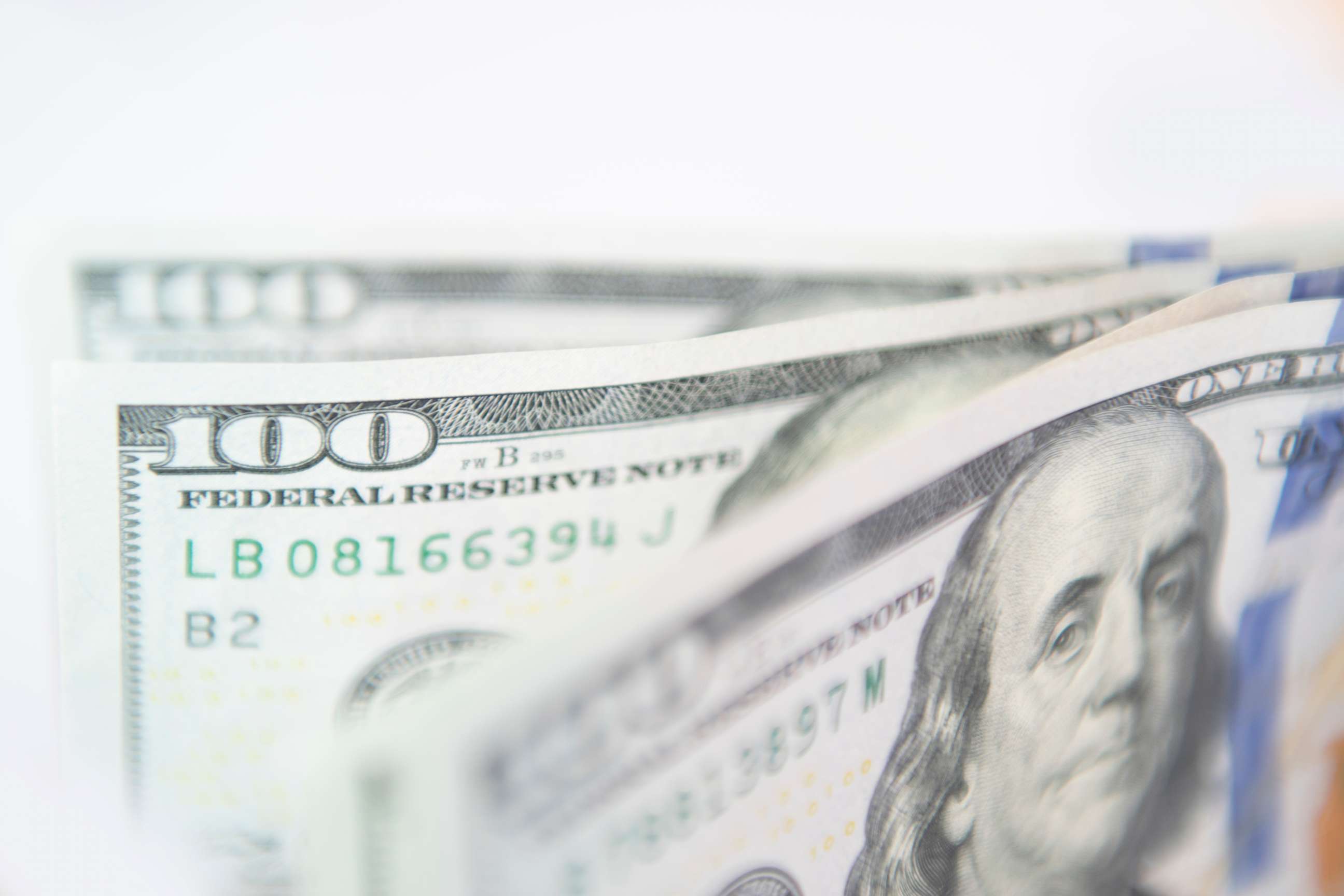
“You need to look at needs versus wants,” Langford said. “So you need to adjust your budget to say, 'These gas expenses are going to go back up as necessary. But I’m still going to be saving money because I really don’t want to keep my gym membership anymore.'”
If you decide to restart certain activities like the gym, that's OK, but make it a conscious decision. (Plus, it's also important to take into consideration whether you feel safe doing things like getting back to the gym before you drop that expense.)
2. Make a plan for the savings
Having a purpose for the money that you have saved is a crucial way in building good financial habits. If there is no purpose behind the money you have accrued while at home, Langford said you will probably spend it more easily.
“But when something has a purpose and you have a goal, then you’re going to think twice before you want to spend that money,” she said.
Look at things you have not saved up before, like an emergency fund or a big loan payment. Money that is saved should have a meaning and a purpose leading you to make more conscious decisions, she said. Looking back at how much money was saved during the pandemic can be a motivating factor.
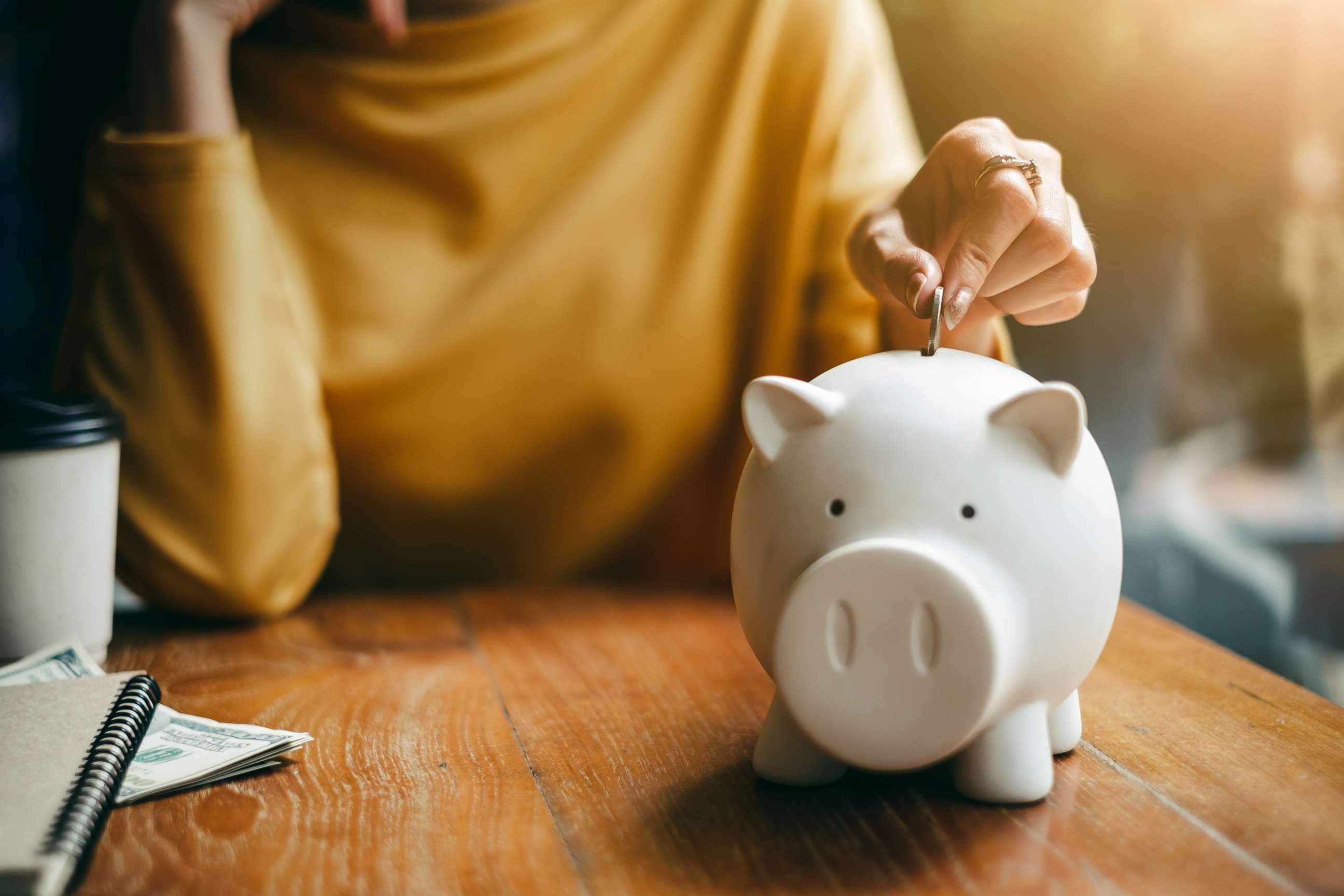
“You have to remember that building up your savings and being good with your money and changing your financial life is a huge reward in itself,” she said.
To keep your goal on track, she recommends writing it down on paper or using an online tool to motivate you further as you save. It could be as easy as writing your goal on a paper and putting it on the fridge. Another is setting a reminder that pops up on your phone. Langford said using a notification system can keep things feeling urgent and keep your spending goals top of mind.
3. Avoid the 'I deserve it' habit
After months of isolation and separation from loved ones, don't fall into the "I deserve it" habit, Langford warns. Right now, people have gone without things that they normally do and think they should be rewarded for this good behavior, she explained.
“It’s a slippery slope to quickly get rid of all the hard work that you’ve put in saving that money,” she said. “It is crucial to get out of this mindset and have your head in the game.”
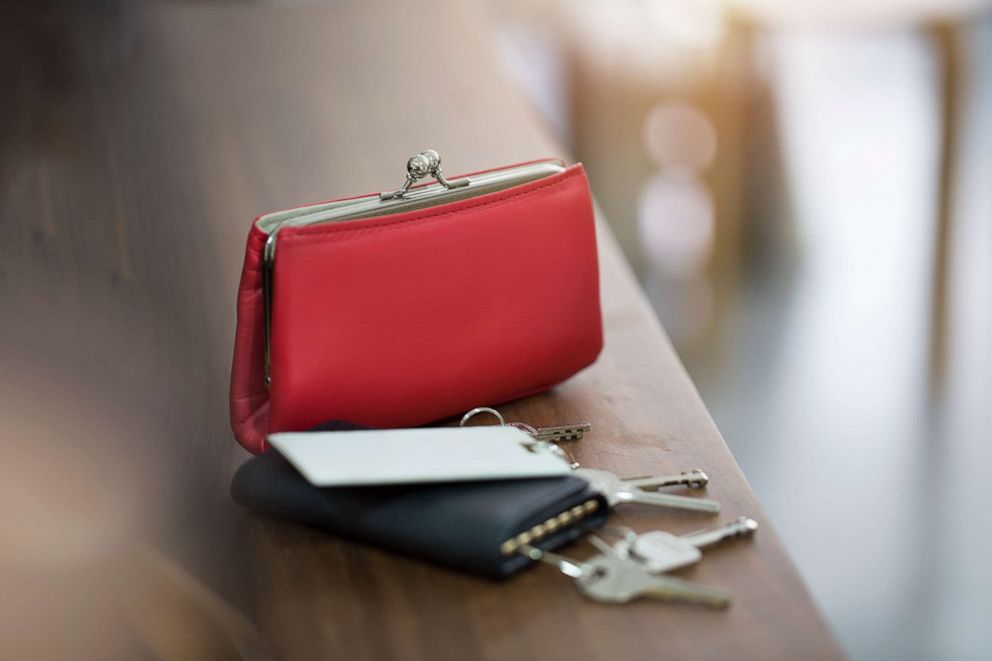
As some states begin to reopen, people are willing to spend more to relieve the stress and anxieties from being at home and under isolation.
“The reward is spending money on wants. You should spend money and live your life. After all, you're working for the money, so you should decide how you spend it but don't have a blank check for your 'after the pandemic party,'” she said.
She went on, “Spending money is your right, you’ve worked hard for it, you’ve made sacrifices for it and you should spend it. But just be mindful of how you want to spend your money in a way that’s valuable to you.”
To avoid the post-pandemic spending creep, Langford suggests creating a budget for splurge items like new clothes, eating out and other activities.
Overall, Langford’s most important rule is to not make things more complicated than they need to be.
“Through all of this, it is really important to keep things very simple, try not to be hard on yourself," she said. "Everybody’s doing the best that they can.”
